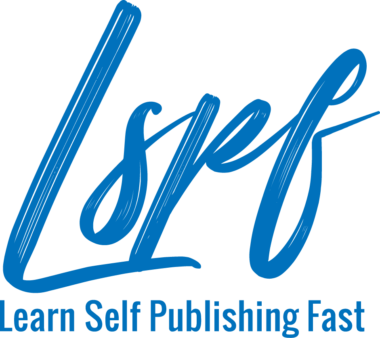Have you just finished your first book? Everyone keeps tossing about words like editor, cover designer, author platform.
If you are anything like I was after that first book, you are probably hiding in the corner in the fetal position. There are so many next steps it’s hard to know what to do next.

Today I’m going to talk about what kind of editor you need. That’s right, there is more than one kind of editor! Say what? That’s how much I didn’t know when I started down this road of writing and self-publishing. And it’s a common thing actually—to not know what we don’t know.
So let’s demystify the concept of an editor.
First, they aren’t scary people. Or at least they don’t have to be. As writers we often fear the editor because we hand over our darling project and we just know that they are going to rip it to shreds. And they will. If they are worth what you are paying them (and that’s a whole separate article) they will absolutely tell you the countless ways in which your manuscript can go from hot mess to masterpiece. You don’t need to fear that. The willingness to look at your book’s weaknesses and then fix them is what will make your book great and your writing even better.
Have you ever hired an interior decorator? They come to your house and ideally tell you all the ways in which your house could look better. You don’t feel like strangling them after, right? You are excited because you know that your humble abode will look better after they are done with it. That’s the way it is with an editor. Listen to them and you can make magic!
Now you are kind of excited, right? Eager to jump on the expressway that will take you to your future super awesome book. But, what type of editor do you need?
If you’ll follow me with this next analogy for a minute. You are standing in the back of an airplane with a parachute strapped to your back. From your position, you can see your novel from great heights. From here you can see your plot points, your character arcs, the theme of your novel, even places where your pacing sags or your prose gets completely bogged down in the swamp of description. If you are on the edge of the plane, leaning out and getting ready for a freefall, you need a developmental edit. Chances are you have recently finished your first draft and your story needs structure. It needs big picture changes. A developmental editor will give you the big picture help you need.
But, let’s say you jumped out of the plane a while ago. You already did the big picture work. As you crash to the earth in a death spiral, you notice that your sentences are awkward in their construction, and the only thing you need more than a working parachute is a thesaurus because you used the word very 782 times in the first chapter. Who do you need now?
You need a line editor. They will help you with sentence structure and making sure your tenses aren’t all jacked up. Long live the line editor for making us look like geniuses.
Whew. That was close. You’ve got good grammar now, your narrative is lovely, and your dialogue is snappy. Your parachute hasn’t opened yet, though, and you are certain that your novel is doomed to a sudden messy death. You don’t have quotations in the right place, you used a comma every five words, and some of your paragraphs are 3 pages long.
You need one last edit. We’ll call this one a copy editor. This magnificent creature will make sure that all those details are perfect. Commas and capitalizations are this person’s specialty. They love to live in the details. Let them!
That last ditch effort of the copyeditor will put the beautiful finishing touches on what has now become a masterpiece. And that is when your parachute will open and your former hot mess will arrive on terra firma with a good chance at a decent life!
With enough TLC from the right kind of editor, you will give your book just what it needs to be amazing!
Now go look at your manuscript and decide if it needs triage from 50,000 feet developmental editor or if it needs to be put under the microscope of of a copyeditor or maybe it’s somewhere in between.
One last point of clarification. Sometimes the industry uses different terms for these editors. Substantive vs. developmental. Same basic idea. Grammar editor, proofreader, copy editor. Similar concepts. Don’t let the different labels confuse you. Ask yourself if you need big picture changes or just fine-tuning. Keep in mind, of course, that if you try to fix the commas before you make your story structure awesome, you will likely waste some of your time because you may end up editing a chunk of story that you end up cutting later. Try to always start big and then work your way towards perfection as you zoom in on your manuscript.
Good luck, writers!
Check out Bibliocrunch’s FREE upcoming webinar on March 1. You’ll finish that book eventually and will want to sell it, right?



Comments